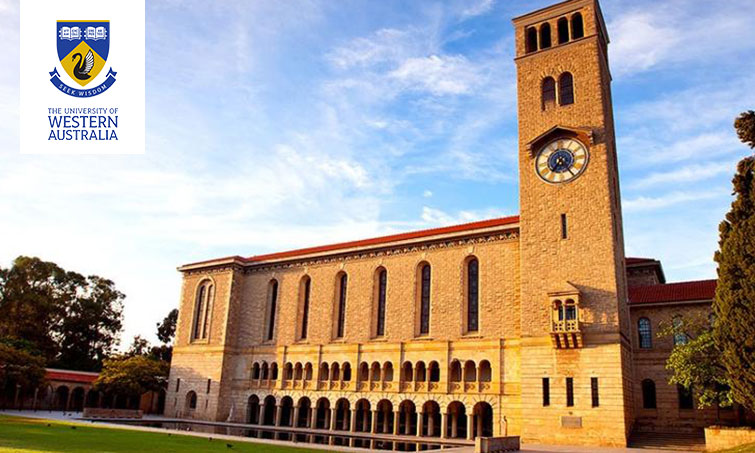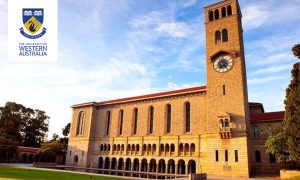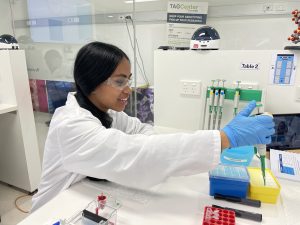Where is WA in Australia’s tech future?

A recent article in the Australian Financial Review commended Sydney’s $120 billion tech cluster.
…this pocket of thriving tech activity has all the ingredients for creating a sustainable tech ecosystem, including the presence of well-funded venture capital firms, adjacency to three universities undertaking world-class research and a bunch of wealthy tech founders keen to invest in other start-ups.
Australian Financial Review
We know that an ecosystem – a cluster of businesses, intellect and support – is needed to get a sustainable industry up and growing.
Businesses are injecting capital and intellect, the NSW government is proactive in developing the new Tech Central with 200,000 square metres of space for tech start-ups and providing access to rent subsidies and this is being fed and supported by three universities that are all within bus or tram rides of the Surrey Hills hub.
The universities of Technology Sydney, NSW and Sydney all have a focus on the need to provide next generation skills and are active in supporting a start-up mindset with their students. UTS’s specialist start-up programs alone have 350 active start-ups.
The new Vice Chancellor at UNSW Attila Brungs who was previously at UTS, recently said that UNSW is looking at ‘meeting the skilling revolution Australian society needs’.
Not only is the Western Australian government not active enough in developing the clusters needed for innovative companies and industries to get traction and thrive, our universities do not have a clear strategy on developing the skills students will need for future-focussed jobs.
WA is still very much a resource focused state. But we are part of the global economy in a world that is rapidly changing and if we are to make the most of the opportunities that these changes offer, we need to build a knowledge economy: We need to become a smart and inspired state.
We need to build a knowledge economy: We need to become a smart and inspired state.
Annie Fogarty
Unfortunately our educational aspirations are deteriorating – WA has the lowest ATAR participation rate in the country – only 35% of our Year 12 students study for their ATAR, as opposed to the national average of around 65%.
It is important that there are various pathways to tertiary education to enable access to a diverse range of students, but low numbers of students taking ATAR subjects indicates low aspirations. A low ATAR focus within schools means that lower secondary curricula may not be sufficiently challenging and will limit post-secondary options for all students.
We need to be building a culture of excellence in education with high aspirations for all children. Business, government and the education sector need to come together to ensure our young people have the skills, the mindset and the incentives to develop a smart state utilising the great advantages that technology offers.




